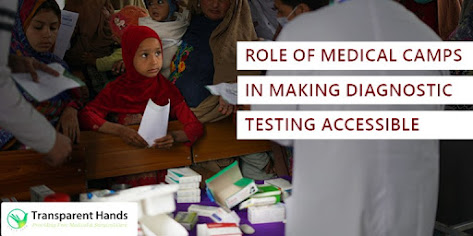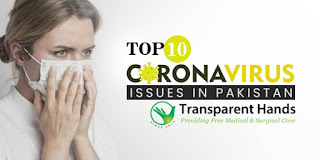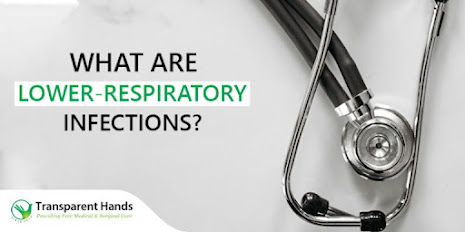Role of medical camps in making diagnostic testing accessible
Introduction
Among the many wonders of the 21st century, the remarkable revolution in diagnostic testing stands out in the healthcare sector. Most sensitive reagent kits, machines that can process hundreds of samples at a time, and highly skilled technicians at work have completely changed the dynamics of laboratory testing. Things are certainly not how they used to be in the past! Unfortunately, the shine and sheen of a laboratory are affordable for only a few in our society.
The social class difference doesn’t allow many of our fellow society members to enjoy access to world-class but expensive diagnostic testing facilities. The gap between underprivileged patients and diagnostic testing is somewhat abridged by free medical camps which provide point-of-care testing services. It is their role that forms the subject matter of this discussion as well.
Point of care testing: An overview
First things first, let us recap the concept of point of care testing. Well, any medical diagnostic test that is conducted at or near the time and place of a patient falls under the category of point of care testing. The concept is a revolutionary one since it provides an opportunity to get tested anywhere instead of being bound to give your specimen at a particular testing facility.
The freedom that point of care testing provides is well leveraged by organizations that are big on conducting free medical camps in slums, rural and remote areas. It is pertinent to mention here that point-of-care tests are simple medical tests that can be performed with ease at the patient’s bedside.
Get more information about the Role of medical camps in making diagnostic testing accessible from the official website Transparent Hands Organization.




Comments
Post a Comment